EDITORIAL
Published on 22 Feb 2024
Editorial: Exploring the optimal endometrial preparation protocol for frozen-thawed embryo transfer
doi 10.3389/fendo.2024.1377488
- 1,291 views
10k
Total downloads
38k
Total views and downloads
You will be redirected to our submission process.
EDITORIAL
Published on 22 Feb 2024
STUDY PROTOCOL
Published on 09 Nov 2023

ORIGINAL RESEARCH
Published on 23 Oct 2023
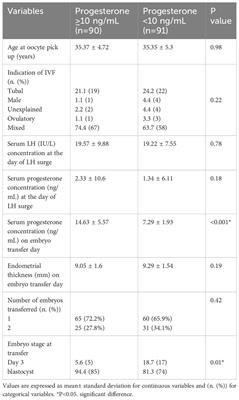
ORIGINAL RESEARCH
Published on 20 Oct 2023
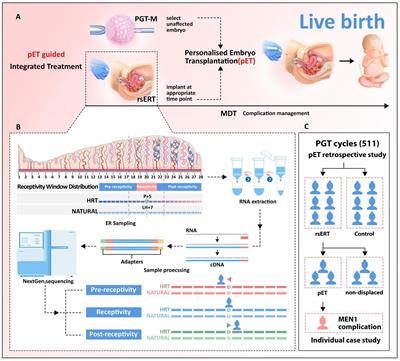
ORIGINAL RESEARCH
Published on 19 Oct 2023

REVIEW
Published on 29 Aug 2023
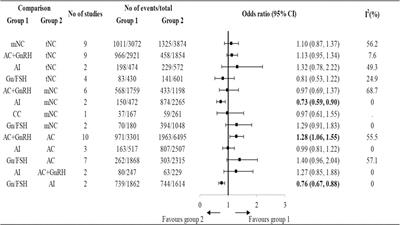
SYSTEMATIC REVIEW
Published on 16 Aug 2023

ORIGINAL RESEARCH
Published on 01 Aug 2023

ORIGINAL RESEARCH
Published on 27 Jul 2023
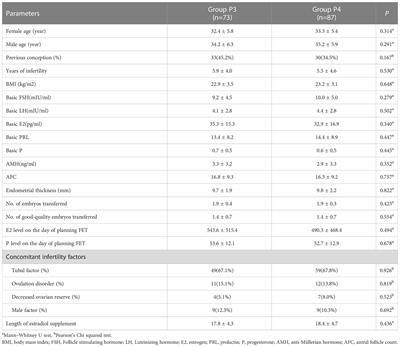
ORIGINAL RESEARCH
Published on 06 Jun 2023
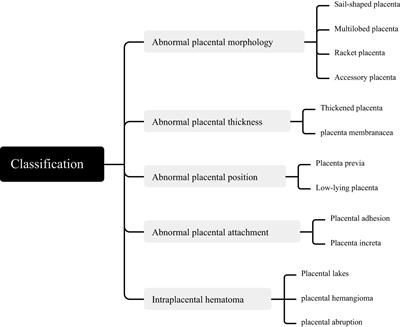
ORIGINAL RESEARCH
Published on 22 May 2023
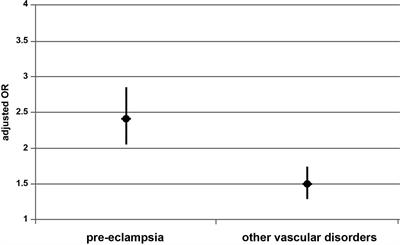
REVIEW
Published on 23 Mar 2023


Frontiers in Physiology
ReproductionOffline